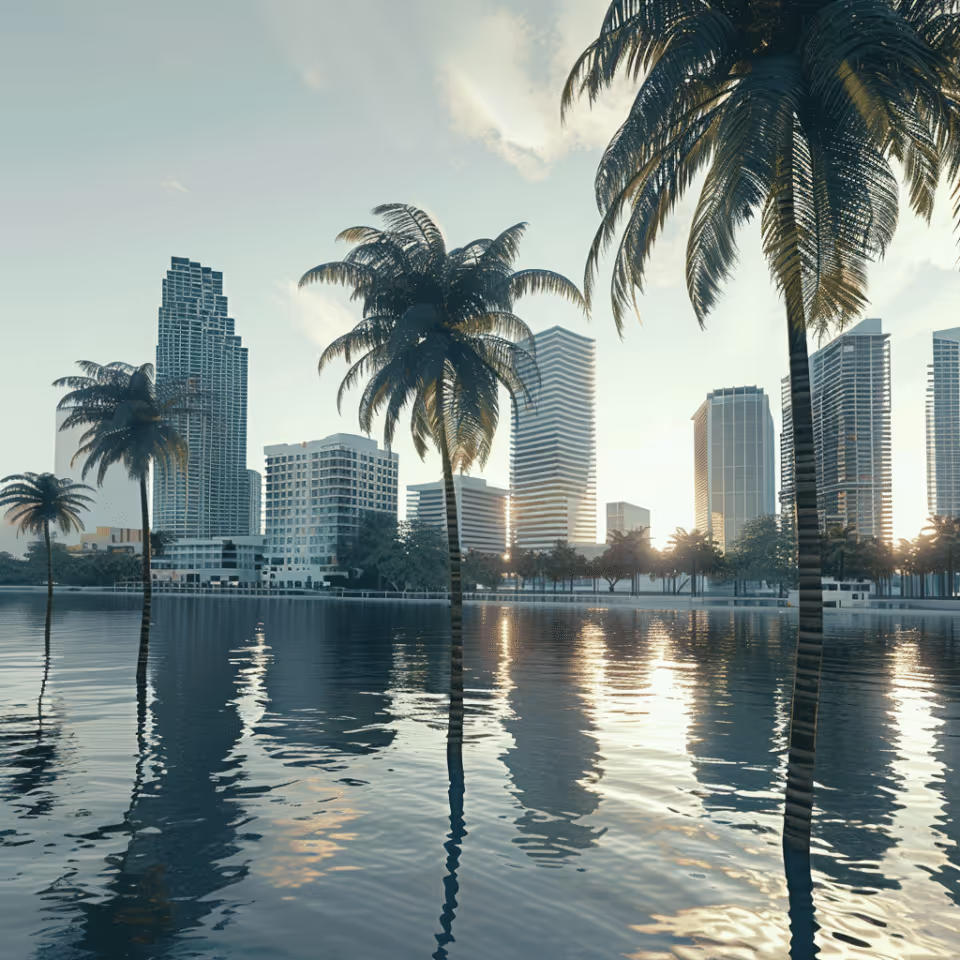Cannabis Legalization and Regulation in Florida
Florida has not legalized adult-use cannabis. Recreational possession, sale, and cultivation remain illegal under state law. Efforts to place adult-use legalization on the ballot have gained traction, and voters may see the question in upcoming elections, but as of now, only medical cannabis is permitted.
The state’s medical cannabis program was established in 2016 and is one of the largest in the country. Patients with qualifying conditions and physician certification may purchase medical cannabis from licensed Medical Marijuana Treatment Centers (MMTCs). Florida law allows smokable flower, edibles, concentrates, and other medical formulations, but home cultivation is prohibited. Patients are limited to purchasing from vertically integrated MMTCs, which control cultivation, processing, and retail sales.
Hemp and hemp-derived products are legal if they contain no more than 0.3% THC. Hemp CBD products are widely available, though the state has introduced regulations for testing, labeling, and packaging. Intoxicating hemp-derived cannabinoids, such as delta-8 THC, are subject to stricter oversight and may face additional restrictions in the future.
For cannabis operators, Florida’s vertically integrated licensing model creates high barriers to entry, with a limited number of MMTC licenses available and high capital requirements. Banking and financial services providers require strict compliance documentation, including proof of licensure, ownership records, operating agreements, financial statements, and tax compliance records. Because Florida operators handle large amounts of cash, secure armored transport, deposit scheduling, reconciled accounting, and AML/BSA monitoring are expected by financial institutions.
The Florida Office of Medical Marijuana Use (OMMU), under the Department of Health, regulates the medical cannabis program. For official updates, licensing information, and compliance resources, visit: https://knowthefactsmmj.com













%201.svg)
%201.svg)
